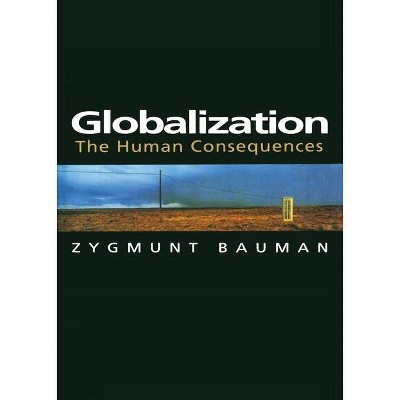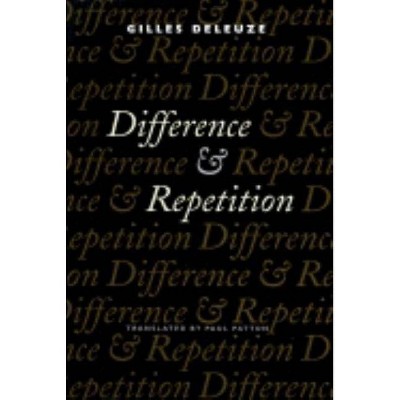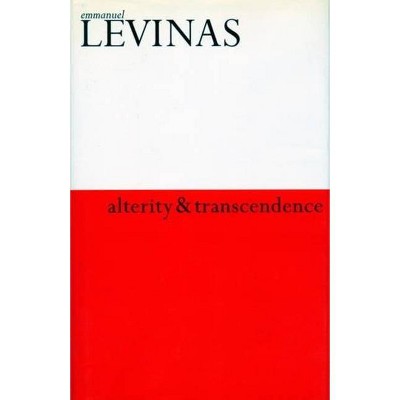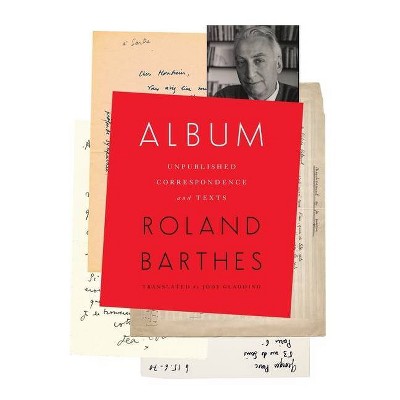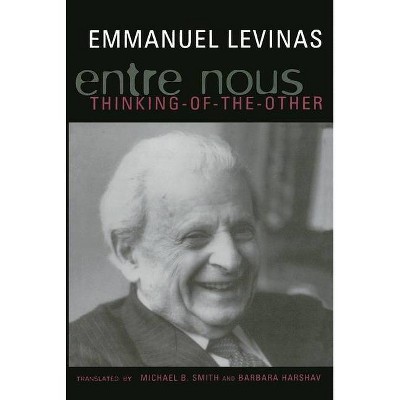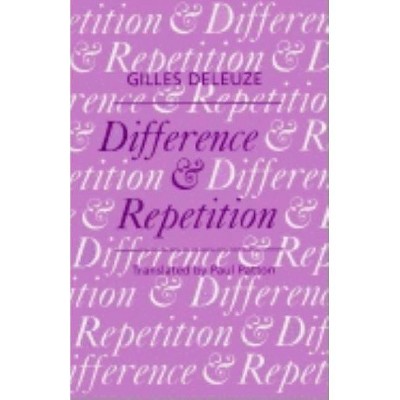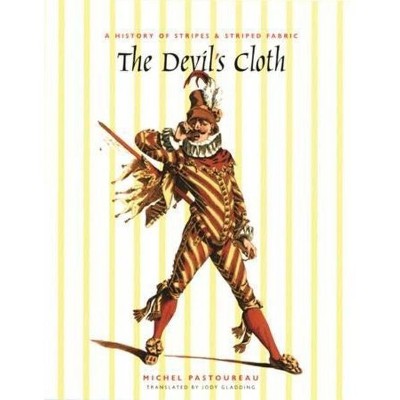Psychoanalysis and the Human Sciences - (European Perspectives: A Social Thought and Cultural Criticism) by Louis Althusser (Paperback)
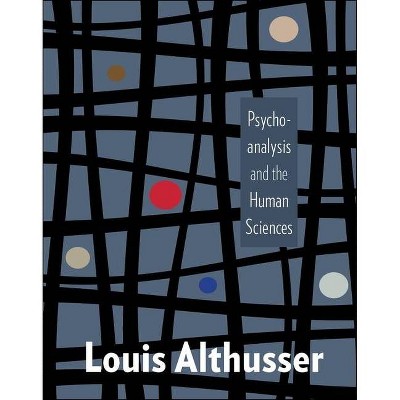
Similar Products
Products of same category from the store
AllProduct info
<p/><br></br><p><b> About the Book </b></p></br></br>Can psychoanalysis expand our comprehension of social and political life?<p/><br></br><p><b> Book Synopsis </b></p></br></br>What can psychoanalysis, a psychological approach developed more than a century ago, offer us in an age of rapidly evolving, hard-to-categorize ideas of sexuality and the self? Should we abandon Freud's theories completely or adapt them to new findings and the new relationships taking shape in modern liberal societies? In a remarkably prescient series of lectures delivered in the early 1960s, the French philosopher Louis Althusser anticipated the challenges that psychoanalytic theory would face as politics moved away from structuralist frameworks and toward the elastic possibilities of anthropological and sociological thought. <p/><i>Psychoanalysis and the Human Sciences</i> translates Althusser's remarkable seminars into English for the first time, making available to a wider audience the origins and potential future of radical political theory. Althusser takes the important step in these lectures of distinguishing psychoanalysis from psychology and especially psychiatry, which long resisted Freud's analytical concepts of the unconscious and overdetermination. By freeing psychoanalysis from this bind, Althusser can then apply these analytical concepts to the social and the political, integrated with Marxist theory. The result is an enlivened methodology for comprehending social organization and change that had a profound influence on the Frankfurt School and scholars who continue to work at the forefront of radical thought today: Judith Butler, Étienne Balibar, and Alain Badiou.<p/><br></br><p><b> Review Quotes </b></p></br></br><br><i>Psychoanalysis and the Human Sciences</i> is a significant contribution to the literature. The question of whether psychoanalysis is a science and of its relationship to psychology is very much alive; Althusser's solution was and remains an original one.--William S. Lewis, Skidmore College<br><br><i>Psychoanalysis and the Human Sciences</i> is short, clear and readable. Its accessibility and lucidity will appeal to both novices and experts in Continental-style philosophy--Adrian Johnston, author of <i>Badiou, Žižek, and Political Transformations: The Cadence of Change</i><br><br>Exploring the epistemic break affected by Lacan's departure from psychology and its reduction of Freud's teaching to a technique of social adaptation, Louis Althusser clarifies the difference between science and ideology. The result is a powerful defense of the scientificity of the human sciences that manages to liberate their objects from the normalizing function of technocratic ideology and social control.--Linda M. G. Zerilli, author of <i>A Democratic Theory of Judgment</i><br><br>This intervention exemplifies Althusser's conception of the role of philosophy in the history of scientific revolutions and reveals the outlines of the larger project of intellectual renovation within which the rereading of Marx took place. <i>Psychoanalysis and the Human Sciences</i> provides a vivid account of the combative intellectual world of Althusser and his contemporaries, with many delightful digressions and personal anecdotes.--Gopal Balakrishnan, author of <i>Antagonistics: Capitalism and Power in an Age of War</i><br><p/><br></br><p><b> About the Author </b></p></br></br>Louis Althusser (1918-1990) was a French Marxist philosopher and professor of philosophy at the École Normale Supérieure. His books include <i>Writings on Psychoanalysis: Freud and Lacan</i> (Columbia, 1996) and <i>Reading Capital</i> (1965). <p/>Steven Rendall is professor emeritus of Romance languages at the University of Oregon. <p/>Pascale Gillot is professor of philosophy at the Lycée Henri Moissan and researcher at the Université Paris I.
Price History
Price Archive shows prices from various stores, lets you see history and find the cheapest. There is no actual sale on the website. For all support, inquiry and suggestion messagescommunication@pricearchive.us
